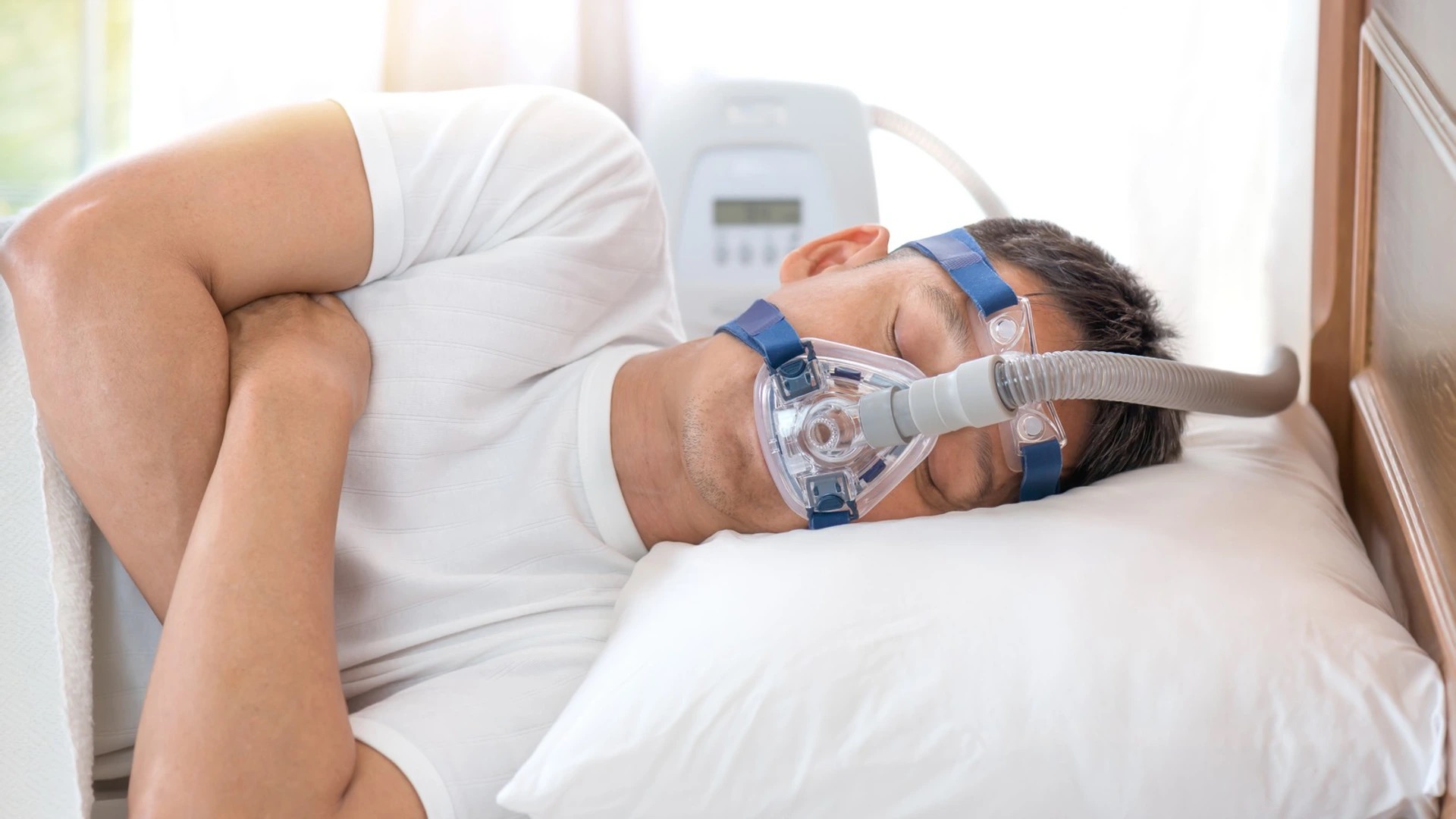

Apnea is not just a transient problem; If left untreated, it can lead to serious health conditions, including cardiovascular disease. If you suspect this disorder, be sure to consult a doctor to do additional analyzes and get an accurate diagnosis.
Although we have all heard of the term apnea at some point, we very rarely scratch deeper into the heart of the problem itself. More and more people around the world suffer from sleep apnea, most often due to insufficient recognition of this medical disorder and lack of information about its symptoms and consequences.
Apnea is a medical term used to describe the temporary cessation of breathing. There are several types of sleep apnea, but we most often encounter obstructive sleep apnea , so we will write about it the most today. This phenomenon can significantly affect the quality of sleep and, more importantly, our overall health.

How many of you wake up at night with a feeling of suffocation? Or maybe you have a partner who snores unbearably? Obstructive apnea can cause interruptions in breathing due to obstruction (blockage) of the airways and thus cause snoring or pauses in breathing, which in the long run leads to a significant decrease in the quality of sleep, but also drowsiness during the day.
The most common type, in which there is a blockage of the airways during sleep.
It occurs when the brain does not send signals to the lungs to breathe.
A combination of obstructive and central apnea.
Sleep apnea can be identified by a number of symptoms and signs. Here are the most common symptoms to look out for:
If you recognize some of these symptoms, click HERE and consult a specialist to perform the necessary tests and ensure better quality sleep.
The first step in getting rid of apnea is a visit to a specialist. Your doctor may recommend a polygraph sleep scan, a procedure that measures your breathing, heart rate, and other bodily functions during sleep, making an accurate diagnosis.
Small lifestyle changes can significantly reduce the symptoms of apnea. These include:
Continuous positive airway pressure (CPAP) is recommended for moderate to severe apnoea. This device delivers continuous air pressure through a mask worn during sleep, keeping the airways open.

In milder forms of apnea, oral appliances can move the lower jaw forward, preventing airway blockage.
In cases where other methods fail, surgical procedures are possible to remove the enlarged tissue or correct structural abnormalities

If left untreated, apnea can lead to serious health complications, including cardiovascular disease, high blood pressure, and mental health problems. Quality sleep is one of the most important aspects of health, so recognizing and treating apnea is crucial.
If you have found yourself in the text in such a way that most of the descriptions correspond to your symptoms and health condition, contact us for additional analysis and making an accurate diagnosis.
Apnea isn’t just a transient problem—it can significantly affect your health and quality of life. Consider treatment options because deeper, more restful sleep means a fresher and healthier new day!